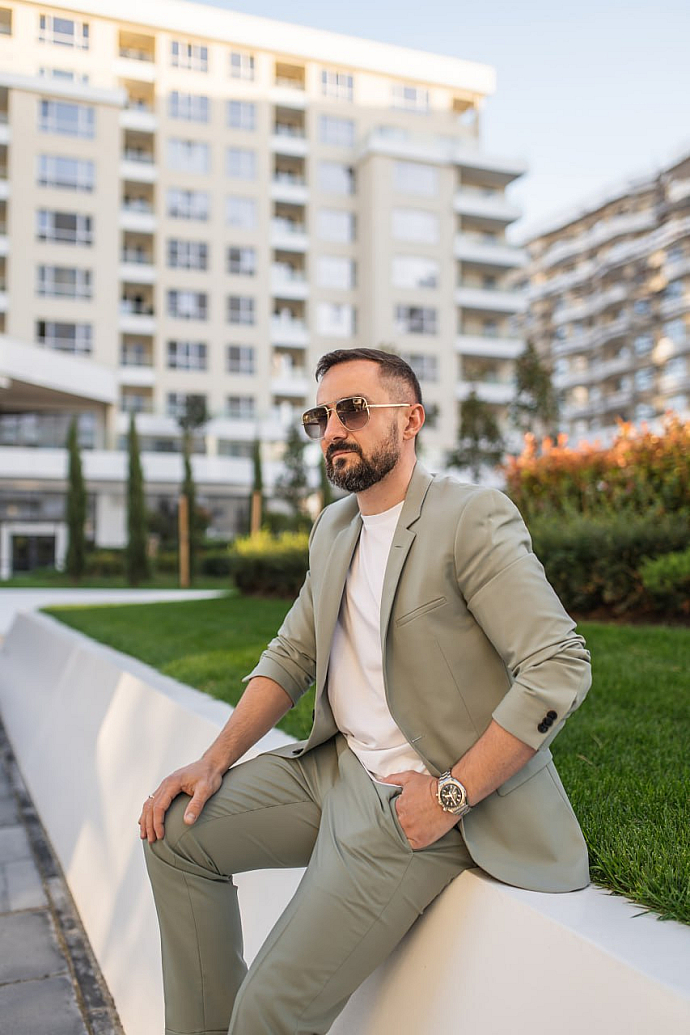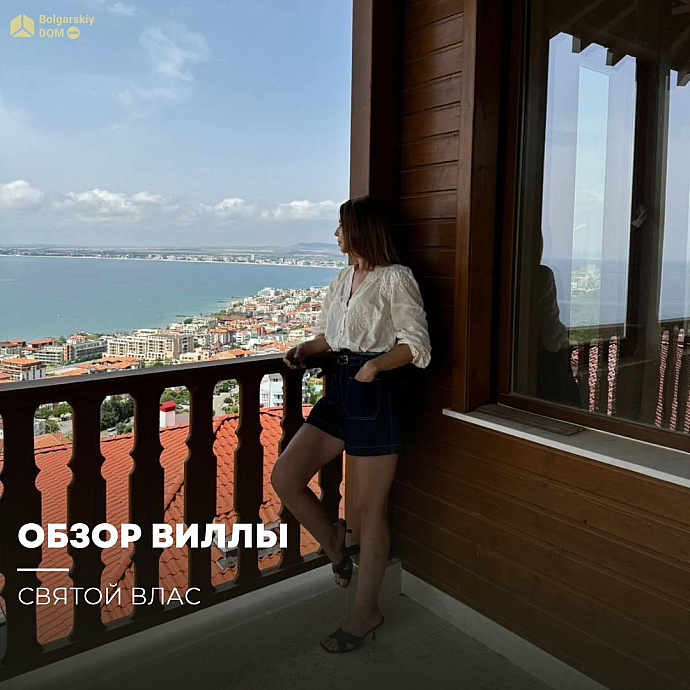
The Constitution of Bulgaria, adopted 23 years ago (1991). Consider the structure of this state. According to the Main law of the country, Bulgaria is a parliamentary Republic. Head of state is the President. Legislative power is concentrated in the hands of the National Assembly, the Executive Council of Ministers.
The role of the head of state
The President of the Republic of Bulgaria shall be elected on the basis of universal and direct expression. The elections shall be held, provided that they participated more than 50% of the citizens eligible to vote. The applicant who receives a majority, becomes President (for 5 years). Possible re-election. The Constitution prohibits the same candidate to hold this position for more than two consecutive mandates.
What are the requirements for candidates for the position of President? It should be a Bulgarian citizen, born in this country and living here at least five years. Valid age - not younger than 40. For the office of President may not be elected citizen who is a member engaged in public, social or other activity. To elect not allowed also the person carrying out the management of a political Union.
What is the responsibility of the head of state? First of all, he is the General commander of all the armed forces and a representative of the state in international relations. His responsibilities include to set/release the commanders of the national army, to declare war, to award medals (medals). It symbolizes the unity of the state and directs the national security Council. The issues of citizenship, pardon or the grant of asylum is handled by the President.
Regarding the joint work with the National Assembly the President the right to veto. Three times he may reject the decision of the Parliament and not putting his signature. If the decision of the national Assembly for the fourth time, it is considered to be legitimate and effective, regardless of the opinions of the President.
The first President in the modern history of Bulgaria, elected through popular vote was Zh (1992), later P. Stoyanov (1996), Georgi Parvanov (2002). Now for the posts of President is Rosen Plevneliev (2012).
The role of the National Assembly
The highest legislative institution in Bulgaria - unicameral National Assembly, consisting of 240 members. Election of deputies to the people's Assembly are held every 4 years on the day appointed by the President. According to the results of elections is proportional to the number of places that get the party past the minimum electoral threshold .
Last election comprisingmoose in may 2013, the Chairman of the Parliament Mihail Mikov. The majority in the legislature received the center-right block - the citizens of euros for the development of Bulgaria. Followed by BSP - 84, “rights and freedom” - 36 “Attack” - 23.
How elections are held in the Bulgarian legislature (people's Assembly)? A secret ballot is conducted based on the votes of Bulgarian citizens who have attained 18 years of age. The Parliament includes only political parties that received at least 4% of votes.
The role of the Council of Ministers
Body of Executive power in Bulgaria, the Council of Ministers (the government). Its head is the Prime Minister. What makes up the government? Elections to the Council of Ministers held on the basis of the decision of the Parliament. The Prime Minister proposes to the Parliament the re-election of the government by order of the President.
The Executive power is represented by the government through ministries and departments involved in the organization of all processes of governance. The government activity is under the full control of the legislature.
Since may 2013 according to the decision of Parliament the Prime Minister of Bulgaria Plamen Oresharski. His responsibilities include the management policy of the Cabinet of Ministers. He takes full responsibility for his decisions.
I hope this information will prove useful for those interested in a home, an apartment in Sunny beach or in another area of Bulgaria.




.jpg)




